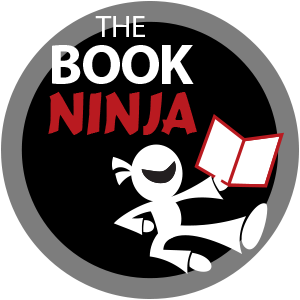A couple days ago I received the following message in my Inbox:
“A friend of mine posted this on his wall earlier today:
‘Publisher just called. Seems like if I can come up with $1500 I can join the ranks of PUBLISHED authors.’
I replied that I didn’t think it cost that much to publish a book and knew some published authors. Do you have any suggestions or resources that I can pass along to my friend? Surely he can self-publish for less than $1500, right?”
You may have the same question, so I thought it might be helpful for you if I shared my response to her:
“Actually, to self-publish the right way (completely 100% independent with the same level of quality as a traditional publisher) it can cost $5,000 and up. This amount covers normal publishing expenses such as a professional book editor and book designer. The problem with “self-publishing” through a company that slaps its logo on the book is you are forever marked as someone who wants the fast, cheap and easy way out, so you literally end up with a ‘kiss of death’ associated with your name in the publishing arena. This means if you ever wanted a traditional contract for any future book, but you choose a vanity option, you can ‘kiss’ the traditional contract possibility goodbye.
Your friend basically has three choices:
1. Find an agent and try the traditional publishing route through one of the big 6 publishers. This process takes 3-5 years to have a book in-hand.
2. Locate a smaller independent traditional publisher (one that offers a small advance, competitiveness with pricing for consumers, and is truly a traditional publisher, not some “free” vanity publisher posing as traditional) and submit the book to them. I recommend The Writer’s Market guide for a list of such publishers.
3. Truly self-publish 100% independently with everything in his own name. The costs can be cut dramatically if he is willing to do the legwork in setting up his own registrations, etc., versus hiring a consultant to do these things for him. Registration fees alone total about $500 for all of them (that’s the actual registrar prices for ISBNs, printer setup, copyright, ebook and print distribution, etc.). This of course is the track I recommend and here’s why… If the book is successful and has a broad market, the author is more likely to attract the attention of a traditional (BIG) publisher and has a better chance of negotiating a higher advance and better contract terms. They also can choose to go with an agent at the same time as independent publication or in many cases they can skip the agent altogether, cutting almost 2 years off the publishing process once the traditional publisher takes notice (and still have a book at the same time). I call this ‘two-track’ publishing.
It sounds to me like your friend got sucked into a scheme where they look like a traditional publisher, then on the back-end they’re nothing but vanity asking for money to help ‘cover the costs’ of publishing. There are literally thousands of these types of ‘publishers’ out there. If he wants to go anywhere at all in the publishing world, he needs to stay far far away from them. If all he wants is his name on a book of poetry or a memoir, one of the ‘free’ vanity publishers is a good bet for him. The problem with those, however, is they mark the price of the book up so high he can forget about sales beyond friends and family. Bookstores won’t even look at it.”
Here are a couple of posts on my blog that may be helpful as well:
Self-Publishing Will Kill Your Reputation as a Quality Author
The Truth About Vanity Publishing
There are a lot of shortcuts touted as “easy buttons” in this business. Beware of ANY shortcut, whether its “free” publication or a quick, easy Kindle solution. What the people selling these services don’t tell you can hurt all future sales and literally damage your reputation in the super-small world of publishing forever.
If you’ve had an experience with a vanity publisher (good or bad) please comment below. I’d love to hear your thoughts!


